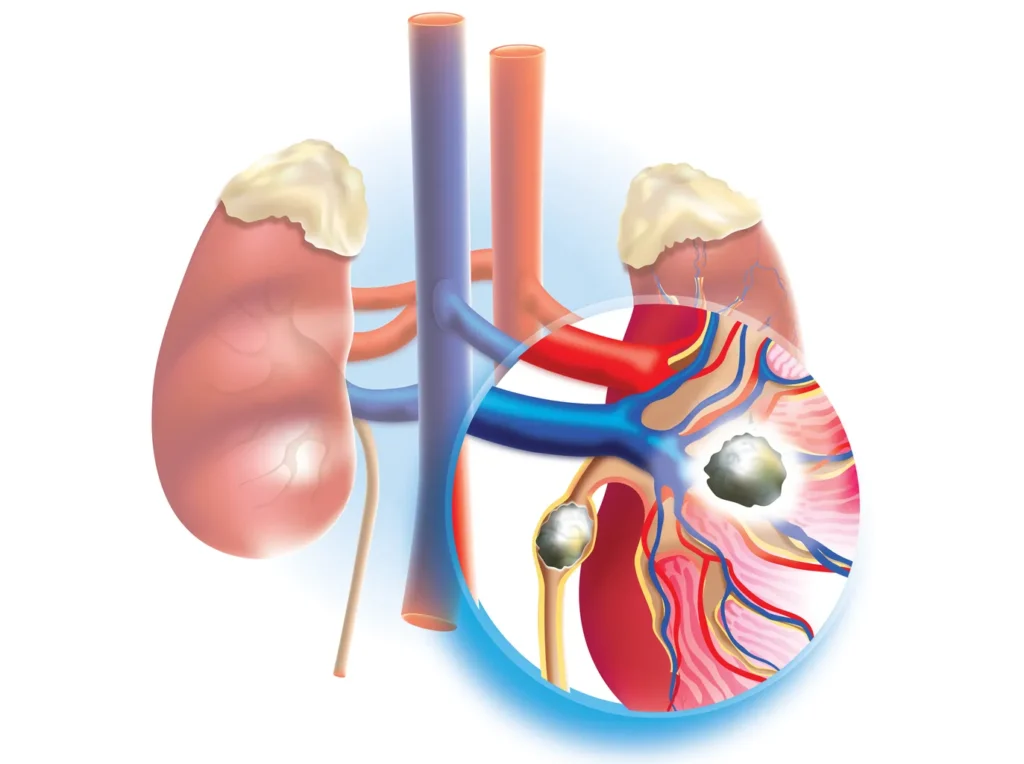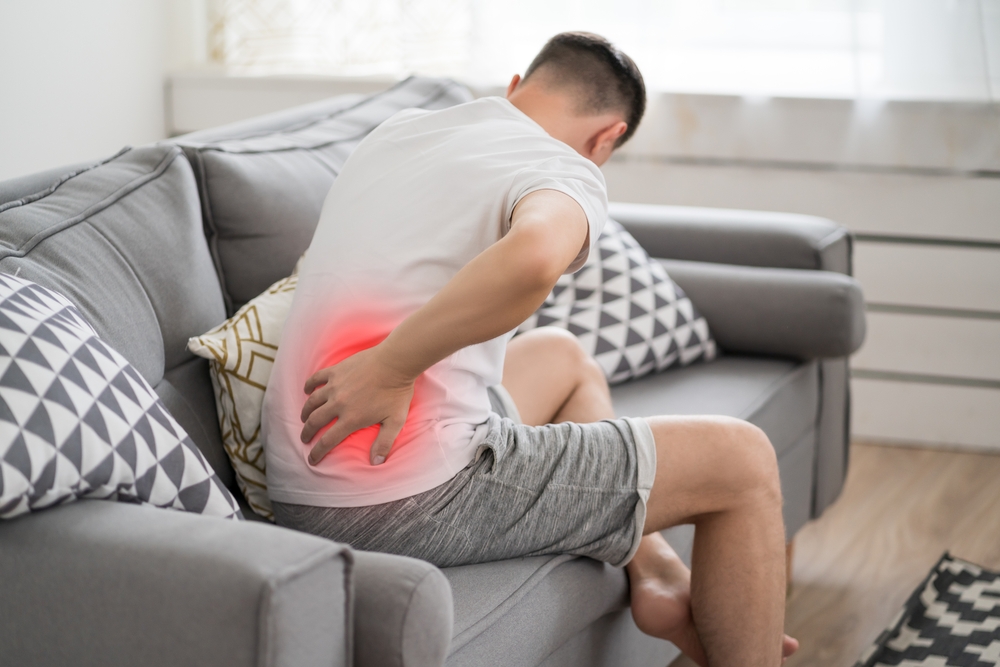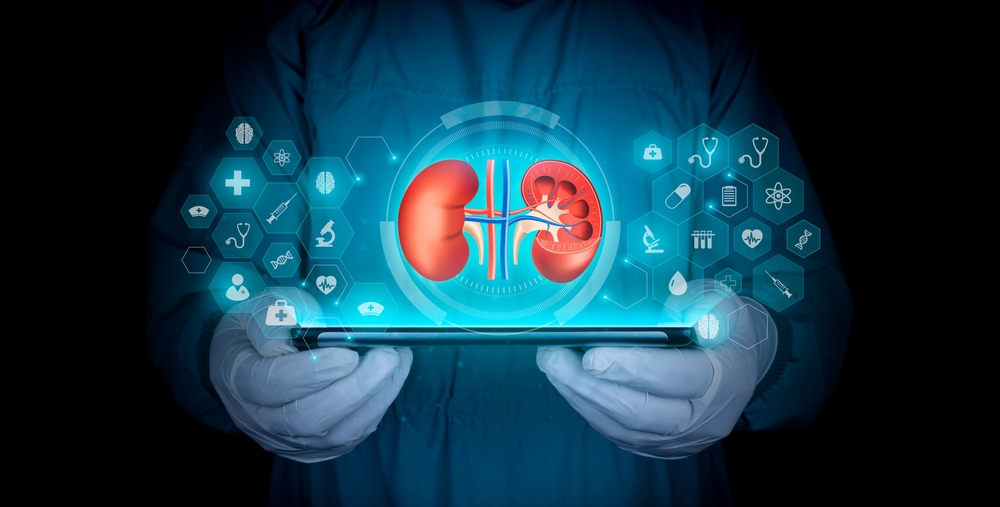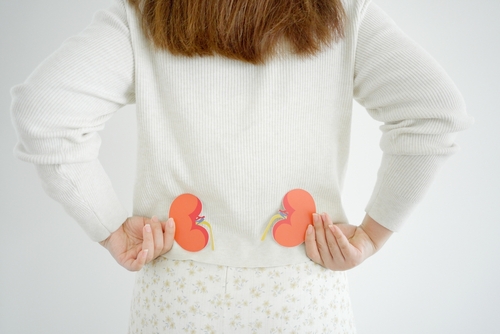Our kidneys are incredible organs, filtering waste, balancing fluids, and keeping our bodies in check. But sometimes, things can go wrong. Understanding common kidney disorders can help you recognize symptoms early and seek the right treatment. Here’s a simple guide to three of the most common kidney problems: kidney stones, infections, and acute kidney injury.
Kidney Stones: When Minerals Form Hard Crystals
Kidney stones are small, hard deposits made of minerals and salts that form inside the kidneys. They can range from tiny grains to larger, more painful stones.
Causes:
- Dehydration or not drinking enough water
- High intake of certain minerals like calcium or oxalate
- Certain medical conditions or medications
Symptoms:
- Sharp pain in the back, side, or lower abdomen
- Blood in urine
- Frequent urge to urinate
- Nausea or vomiting
Treatment:
Small stones often pass on their own with plenty of fluids and pain management. Larger stones might require medical procedures to break them up or remove them.
Kidney Infections: When Bacteria Invade
Also known as pyelonephritis, kidney infections occur when bacteria from the urinary tract travel up to the kidneys.
Causes:
- Untreated urinary tract infections (UTIs)
- Blockages in the urinary tract
- Weakened immune system
Symptoms:
- Fever and chills
- Pain in the back or side
- Frequent, painful urination
- Cloudy or foul-smelling urine
Treatment:
Kidney infections usually require antibiotics. Early treatment is crucial to prevent complications, including kidney damage.
Acute Kidney Injury: Sudden Loss of Kidney Function
Acute kidney injury (AKI) is a sudden decrease in kidney function, often caused by injury, illness, or reduced blood flow to the kidneys.
Causes:
- Severe dehydration or blood loss
- Infections or sepsis
- Certain medications or toxins
- Obstruction of the urinary tract
Symptoms:
- Decreased urine output
- Swelling in legs or ankles
- Fatigue and confusion
- Shortness of breath
Treatment:
Treatment depends on the cause but often involves stabilizing the patient, managing fluid balance, and addressing the underlying issue. In severe cases, dialysis may be necessary.
Final Thoughts
Preventing kidney disorders starts with good habits:
- Stay well-hydrated
- Maintain a balanced diet low in excess salt and processed foods
- Seek prompt treatment for urinary infections
- Avoid overuse of medications that can harm the kidneys
- Monitor blood pressure and blood sugar levels
If you experience any symptoms related to kidney problems, consult your healthcare provider promptly. Early diagnosis and treatment can make all the difference. Your kidneys work hard for you every day. Show them some love!
Stay informed and take control of your kidney health!




